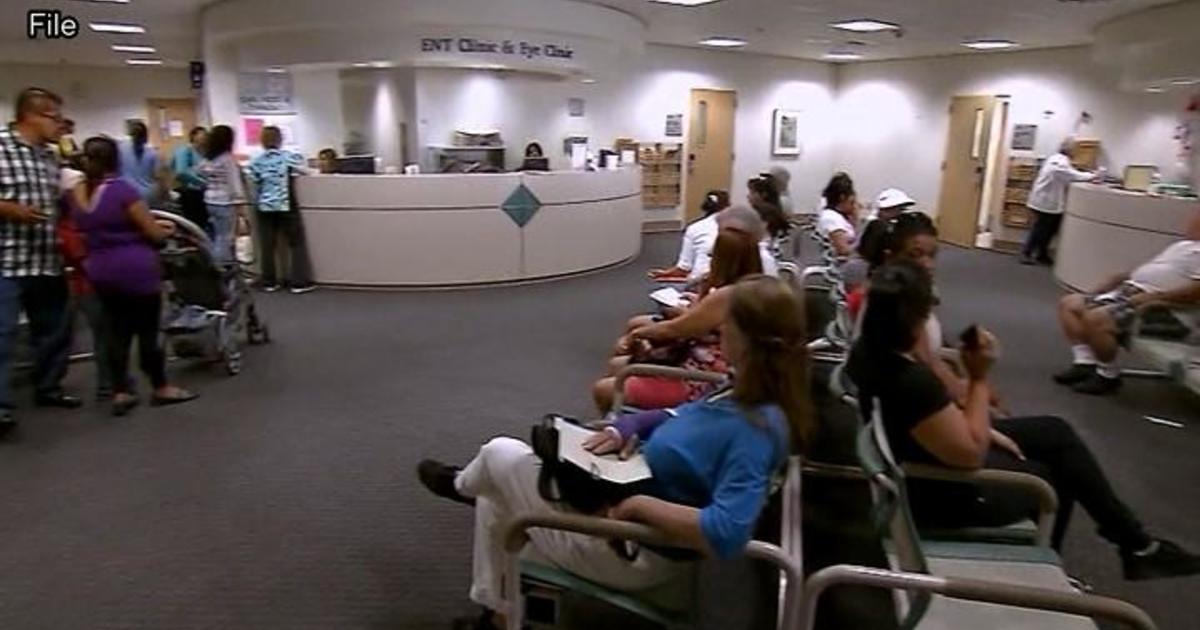Student From Md. Faces Federal Charges In Wesleyan Overdoses
NEW HAVEN, Conn. (AP) -- Two former Wesleyan University students pleaded not guilty Friday to federal charges they distributed synthetic party drugs that resulted in on-campus overdoses and sent 11 people to hospitals.
The defendants, Zachary Kramer, 21, of Bethesda, Maryland, and Eric Lonergan, 22, of Rio de Janeiro, Brazil, appeared in federal court in New Haven. Each was released after the judge set bond at $250,000.
The two men are among five Wesleyan students who have been expelled since their arrest on state charges in connection with the on-campus drug overdoses, which left two students near death, including one who had to be revived when his heart stopped beating.
"Our hope is that this prosecution puts to bed the misperception that synthetic drugs are harmless party drugs," said state U.S. Attorney Deirdre Daly.
Authorities said the drug was presented as Molly, a popular name for the euphoria-inducing stimulant MDMA. Testing on the drugs distributed in February revealed they actually contained AB Fubinaca, a synthetic cannabinoid, prosecutors said.
Kramer replaced Lonergan as the primary supplier of Molly at Wesleyan shortly before the February overdoses, according to prosecutors, and Lonergan is also accused of providing drugs involved in a rash of overdoses at Wesleyan in September.
As U.S. Magistrate Judge Sarah Merriam and Kramer's lawyers discussed the conditions of Kramer's release, including court-imposed travel restrictions, she said, "This is serious stuff. You don't just get to follow your normal life."
Jake Donovan, Lonergan's lawyer, would not discuss the indictment.
"The family is holding up very well," he said.
Kramer and Lonergan face charges including distribution of AB Fubinaca and conspiracy to distribute MDMA and AB Fubinaca. Each carries a maximum prison term of 20 years and a fine of up to $1 million. The duo is also charged with distribution of MDMA within 1,000 feet of a private college.
Michael Ferguson, special agent in charge of the Drug Enforcement Administration for New England, said the case highlights the dangers of taking synthetic drugs that could contain any number of dangerous substances.
"You are playing Russian roulette with your life when you take synthetic drugs," he said.
Wesleyan, a private liberal arts school of 3,200 students, has said it is looking into possible changes to campus drug policies.
"Wesleyan remains deeply concerned about the events that occurred this past February as well as the broader problem of drug abuse," university spokeswoman Lauren Rubenstein said in a statement. "The university has fully and comprehensively cooperated with local, State and Federal authorities at each step of their investigation and it will continue to do so."
------
Associated Press writer Michael Melia in Hartford contributed to this report.
(Copyright 2015 by The Associated Press. All Rights Reserved.)



